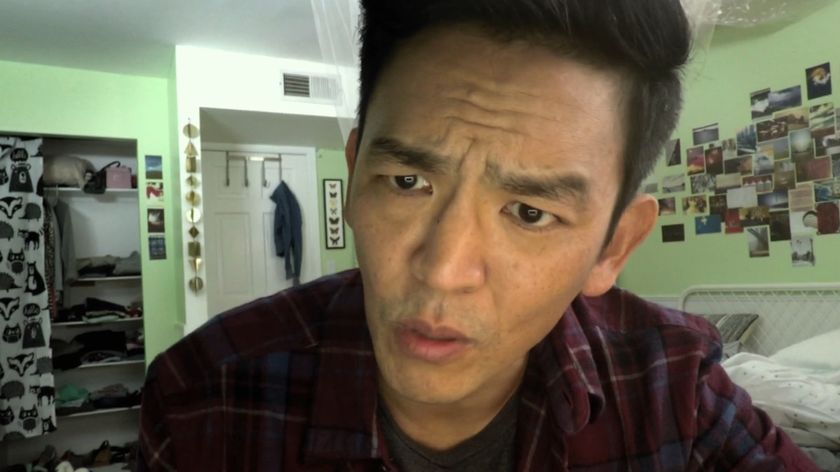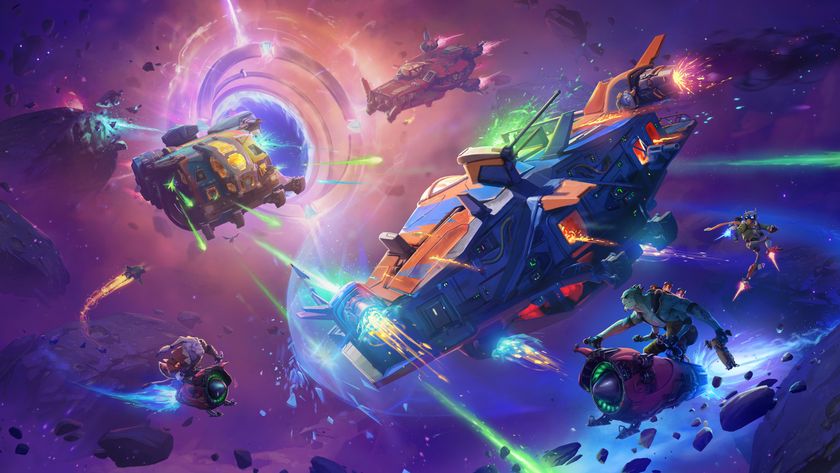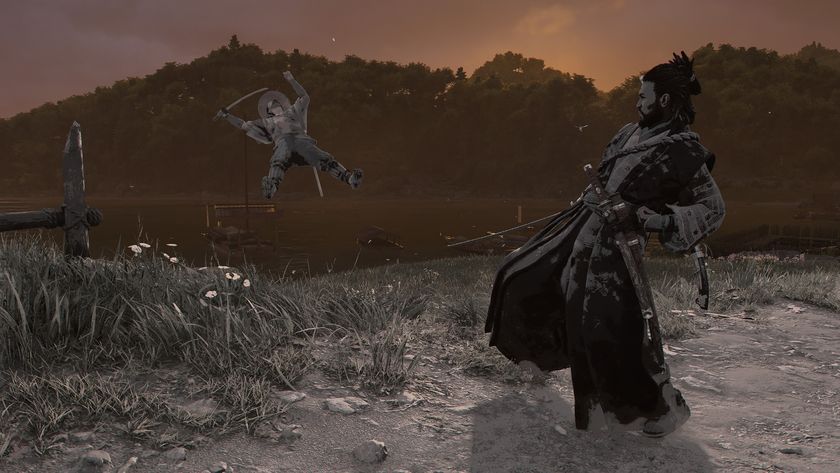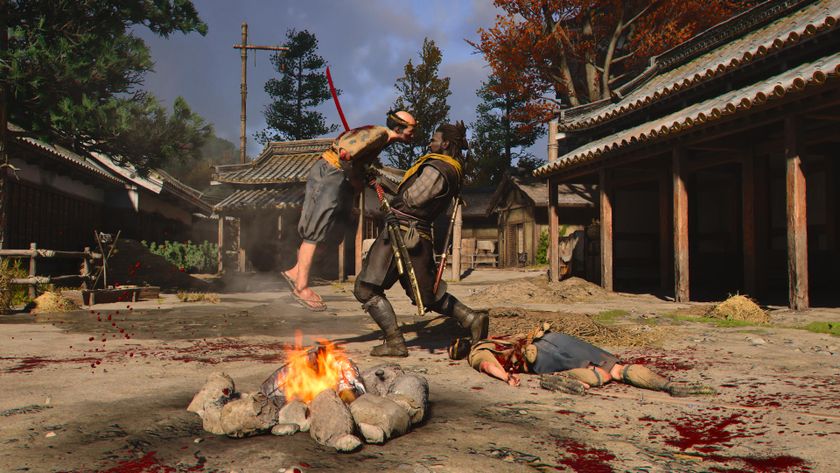Bloodborne changed the face of action RPG horror, but Lies of P could redefine our expectations
Opinion | Lies of P could, and probably should, mark a new dawn for Soulslike horror
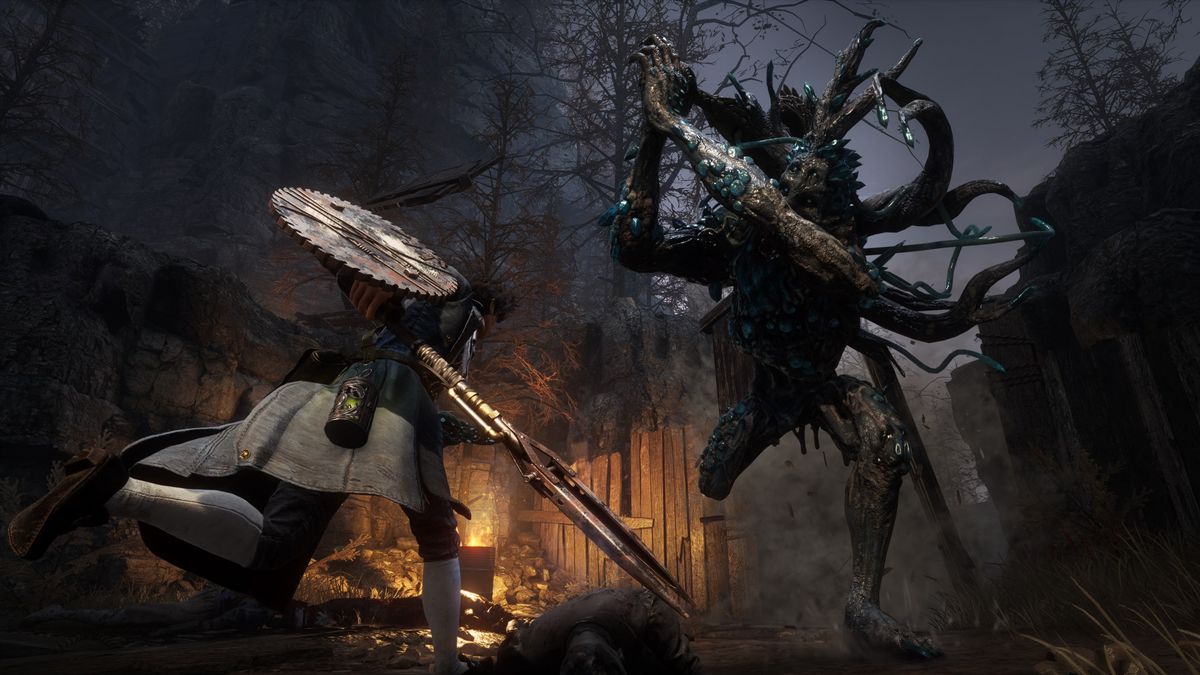
I broke my favorite watch playing Bloodborne the first time around. Last night, I rolled my ankle while playing Lies of P. It's worth noting up front that while I'm otherwise not particularly accident prone in real life, I respect the circumstances that led to both of these video game-related mishaps. Both might have been avoided, but, truth be told, I'm also sort of glad they weren't.
Perhaps this is the end-game for Soulslike action RPG fans like myself. Maybe everyone eventually becomes so consumed by these fast-paced, risk-heavy, bastard-hard endeavors that we wind up willing actual physical harm on ourselves. Perhaps this becomes the Dark Souls of playing video games, where the masochist in us takes over to break the fourth wall by breaking our prized possessions.


Lies of P review: "a powerful contender on the Soulslike scene"
I don't think this is the case, though. I love a good virtual scare, but there's something extra special about ARPGs that dabble in the murky waters of horror, wherein everything that makes these games tick is ratcheted up several notches through fear alone – to the point where you're fighting their toughest baddies in-game and have risen to your feet in actual reality. You hop from one foot to the other around your living room, shifting your weight with every on-screen blow, leaning into heavy attacks and darting from side-to-side as your aggressor advances. In riposte, you move quickly. You slam your wrist against the fireplace. You go over on your ankle. You break your watch, and you hurt your foot. You scream in pain – in-game and in real life – and then you compose yourself, dust yourself down and try again. And it's amazing.
Through all of this, Bloodborne's weird, ethereal Lovecraftian aesthetic and themes galvanized its penchant for cosmic horror back in 2015. To my mind, it remains the best example of running with an understood formula – this one coined by Demon's Souls and more widely popularized by Dark Souls – and improving it, in this instance by making it harder and faster and scarier. Who could forget that spine-chilling battle with the Nightmare of Mensis, after all, or that showdown with Mergo's Wet Nurse? That ultimate face-off with Gherman among the smoldering flowerbeds of the Hunter's Dream still haunts my real-world nightmares.
Bloodborne, then, is easily developer FromSoftware's most harrowing game. And while Lies of P has drawn apt comparisons to the nightmarish world of Yharnam upon its arrival this week, I reckon it's Neowiz Games' latest creation that could in fact steer the future of horror in this space moving forward.
Splinter hell
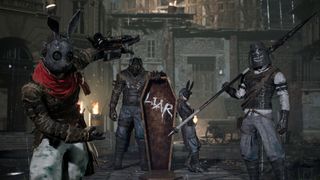
"Lies of P's loose Pinocchio groundings let the game lean fully into how fucking terrifying mannequins are".
That's not to say Bloodborne isn't as terrifying today as it was at release eight years ago. Its themes of blood-as-currency, dimension-hopping, and twisted civilians terrorized by things that go bump in the night are still spine-chillingly brilliant. But the likes of Elden Ring and even Dark Souls 3 have since raised the bar so much higher – in everything from combat, to world layout and boss encounters – that the overarching impact of Bloodborne has inevitably taken a bit of a hit. Gael boasts Father Gascoine vibes; the Abyss Watchers feel similar to Lady Maria; Oceiros the Consumed King (cradling an imaginary crying baby, and all) would be right at home in Yharnam, and so on.
Where Lies of P rises above is in its masterful balance of influence and uniqueness. It's clearly inspired by FromSoftware's back catalog, specifically Bloodborne, but its fresh take on the terror-driven side of the Soulsike formula works on so many levels. Its loose Pinocchio groundings let the game lean fully into how fucking terrifying mannequins are – generally, but doubly so when rising from a previously motionless position before coming at you with blunt objects. The same aesthetic allows boss encounters in Lies of P to deviate from Bloodborne's anthropomorphic beasts, often giving them steampunk-inspired qualities that wouldn't be out of place in something like BioShock or the Fallout series.
Sign up to the 12DOVE Newsletter
Weekly digests, tales from the communities you love, and more

"It's only when one game does hands-on scares like this justice that you realize how lacking it is elsewhere; and it's only then that you realize how much more it's needed on a grander scale".
Although designed to mimic a bygone era, the fact that the city of Krat's puppet population has staged a violent uprising against the all-seeing Grand Covenant, slaughtering the human population in the process, reflects something more futuristic – where an otherwise passive demographic has moved to overthrow the state. I'm not the first person to say it, but this framing is a clever way to entice players, to buy into the game world and its narrative, and to keep players pushing forward deeper and deeper into this nightmare the world itself has created.
Of course, on a thematic level the latter mirrors Bloodborne pretty closely. But where Bloodborne has almost exclusively held the crude billing as Dark Souls but horror over time, Lies of P could – and, for me, absolutely should – mark a new dawn for Soulslike action RPG terror. It's only when one game does hands-on scares like this justice that you realize how lacking it is elsewhere; and it's only then that you realize how much more it's needed on a grander scale. In turn, Lies of P could open the floodgates for inventive and innovative Soulslike horror moving forward. My jewelry and physical health be damned.
Love your ARPGs? Why not check out the best games like Elden Ring out now?

Joe Donnelly is a sports editor from Glasgow and former features editor at 12DOVE. A mental health advocate, Joe has written about video games and mental health for The Guardian, New Statesman, VICE, PC Gamer and many more, and believes the interactive nature of video games makes them uniquely placed to educate and inform. His book Checkpoint considers the complex intersections of video games and mental health, and was shortlisted for Scotland's National Book of the Year for non-fiction in 2021. As familiar with the streets of Los Santos as he is the west of Scotland, Joe can often be found living his best and worst lives in GTA Online and its PC role-playing scene.
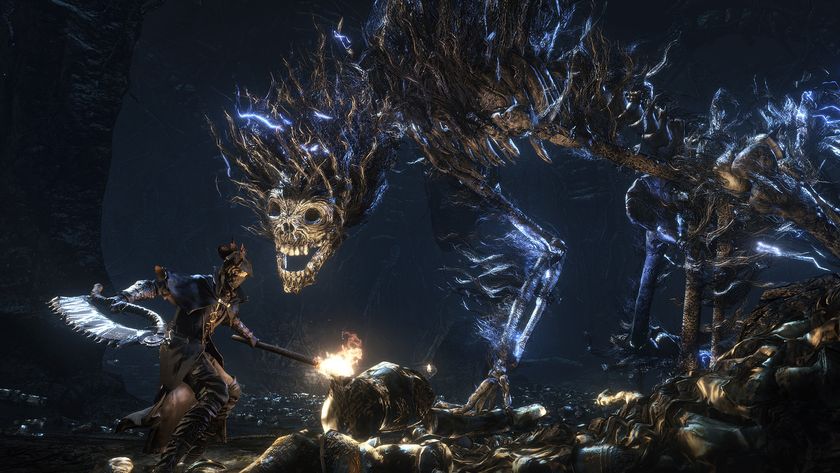
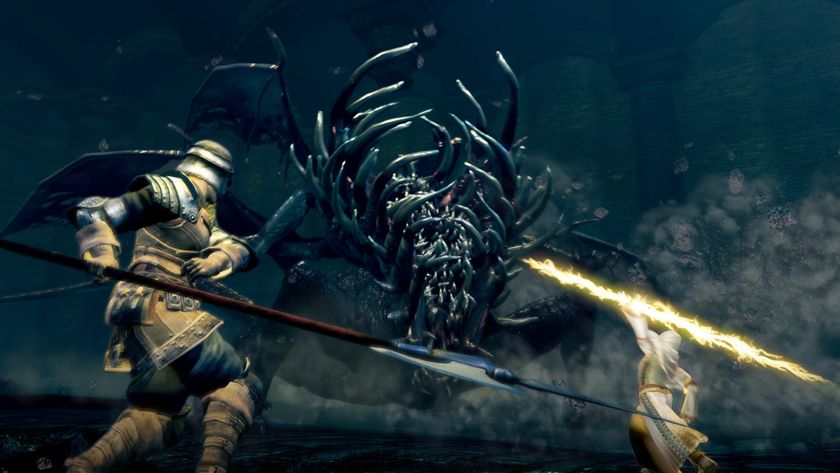
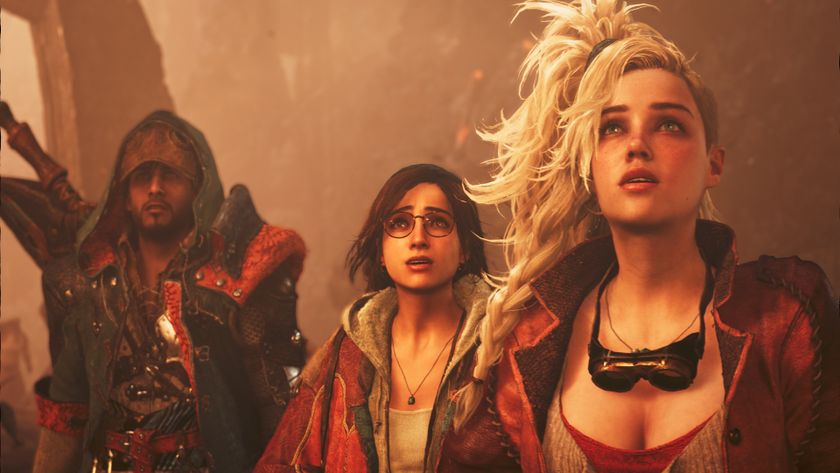
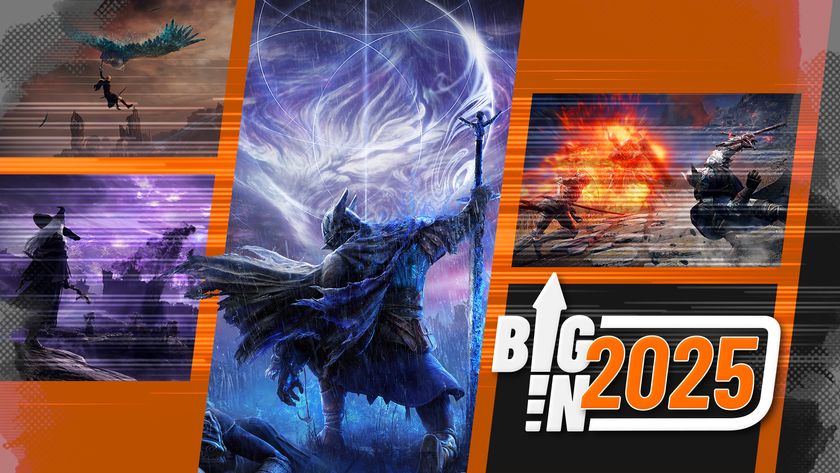
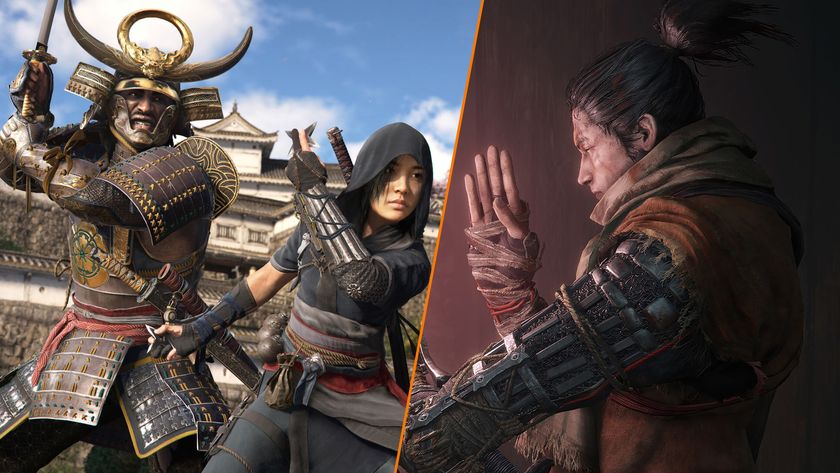
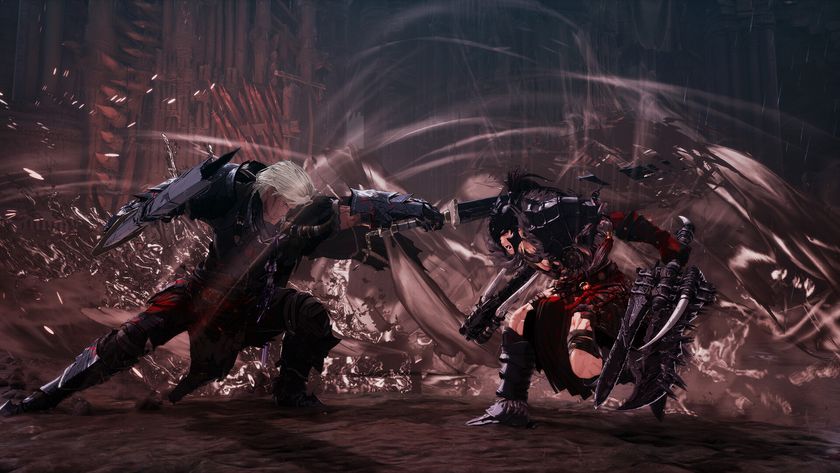
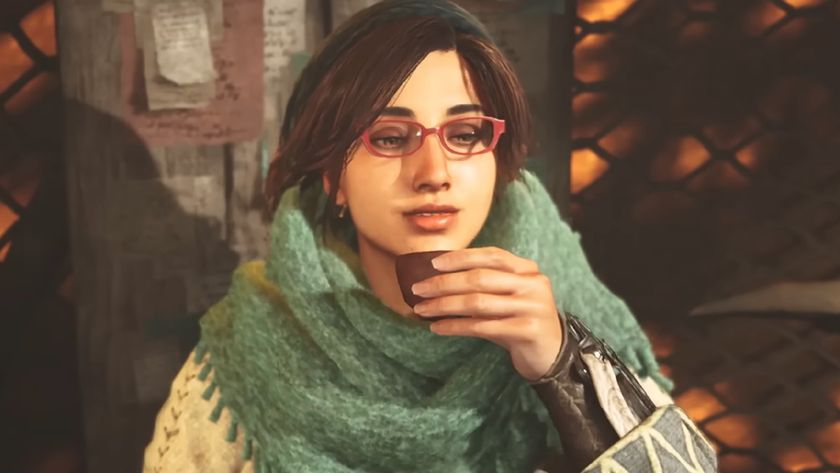
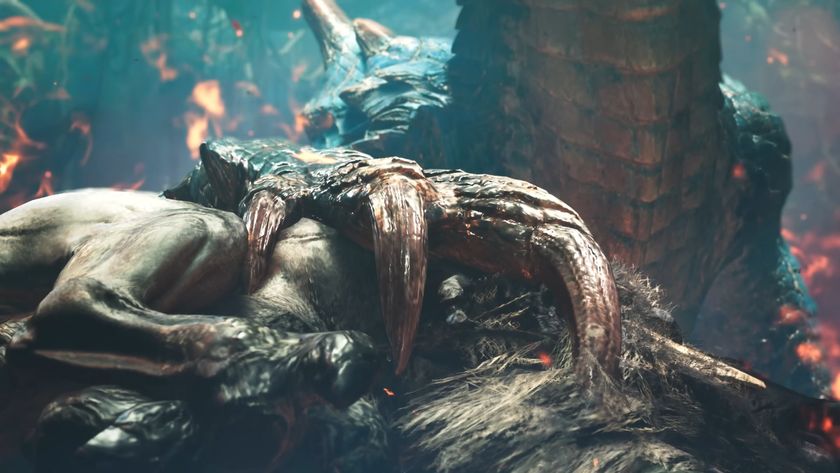
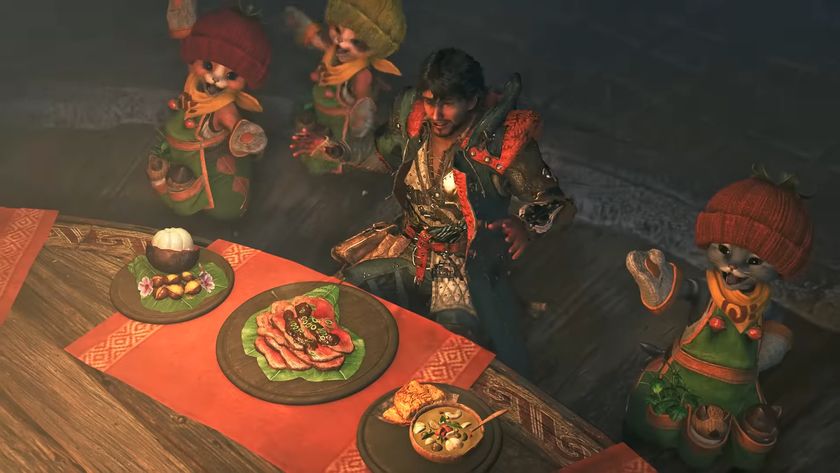
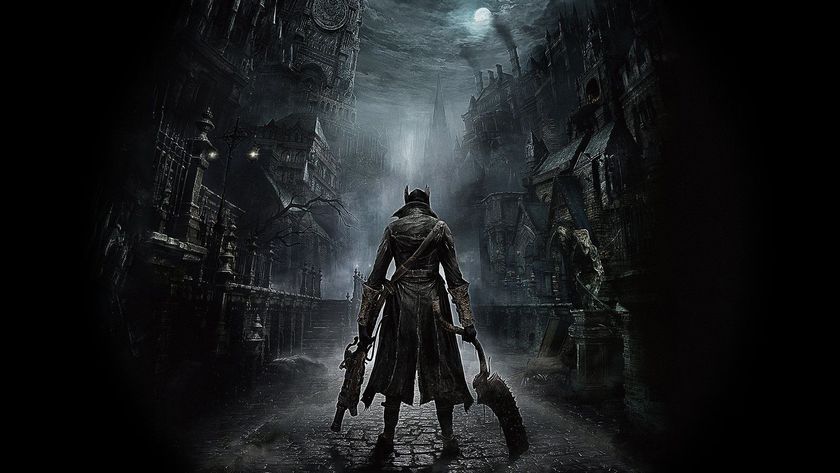

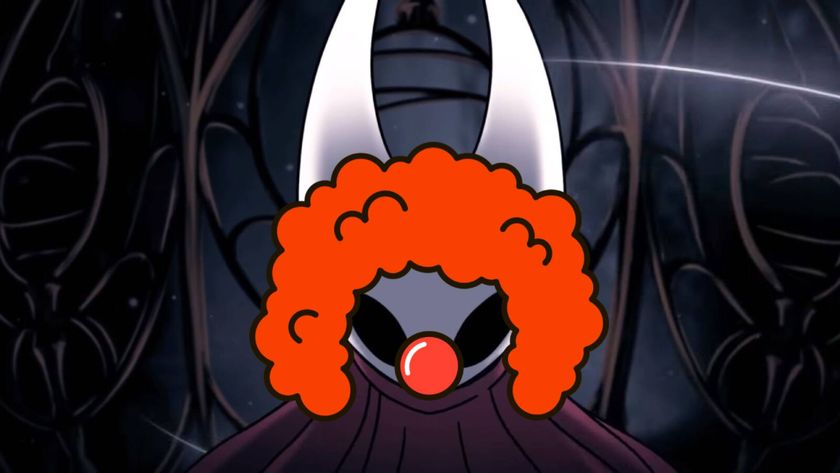
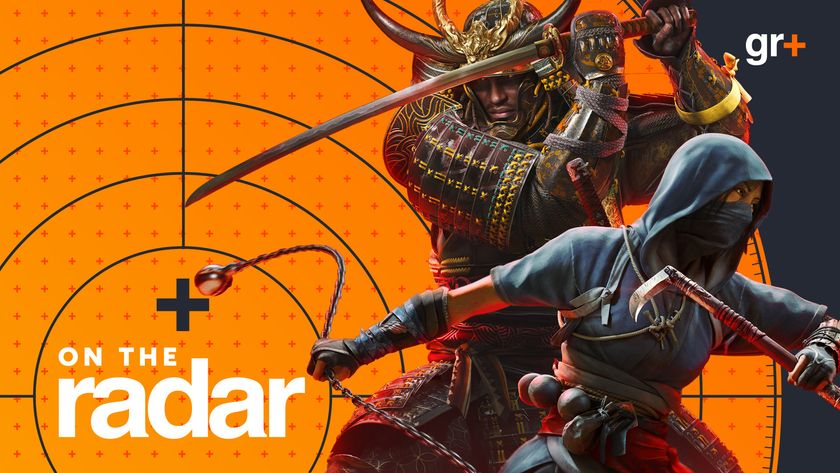


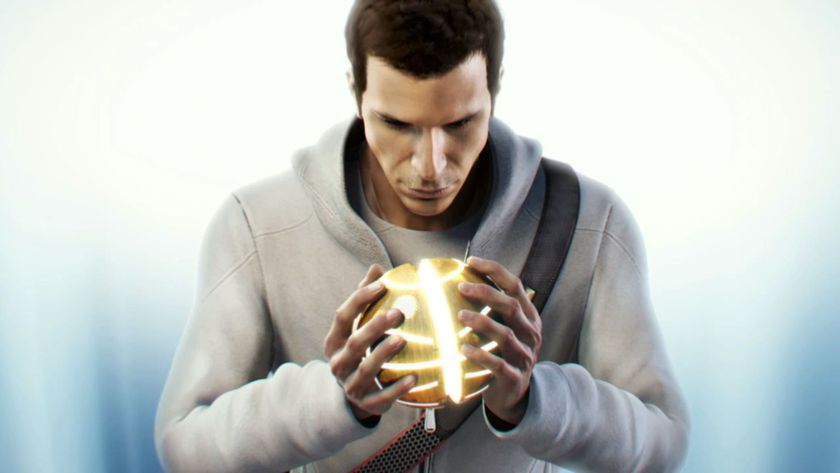
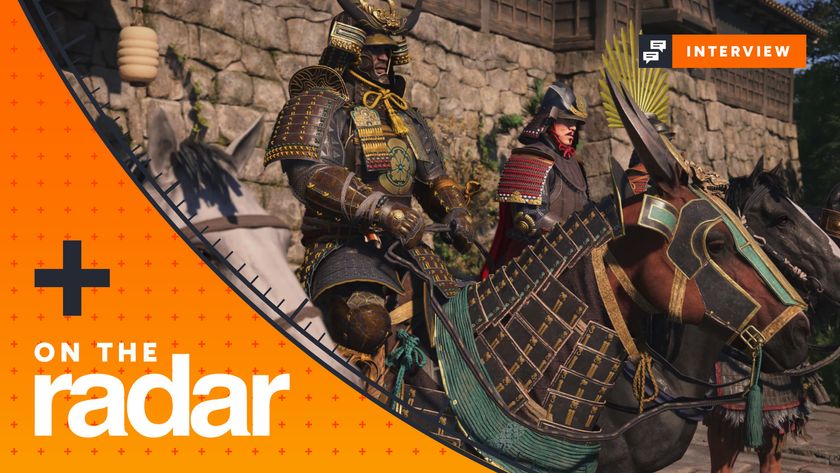


Monster Hunter Wilds' first major update rights its greatest wrong by adding a proper Palico cooking animation, and it's letting you change Alma's glasses

Monster Hunter fans lose their minds as Monster Hunter Wilds confirms Lagiacrus will return this summer, finally answering 7 years of prayers
